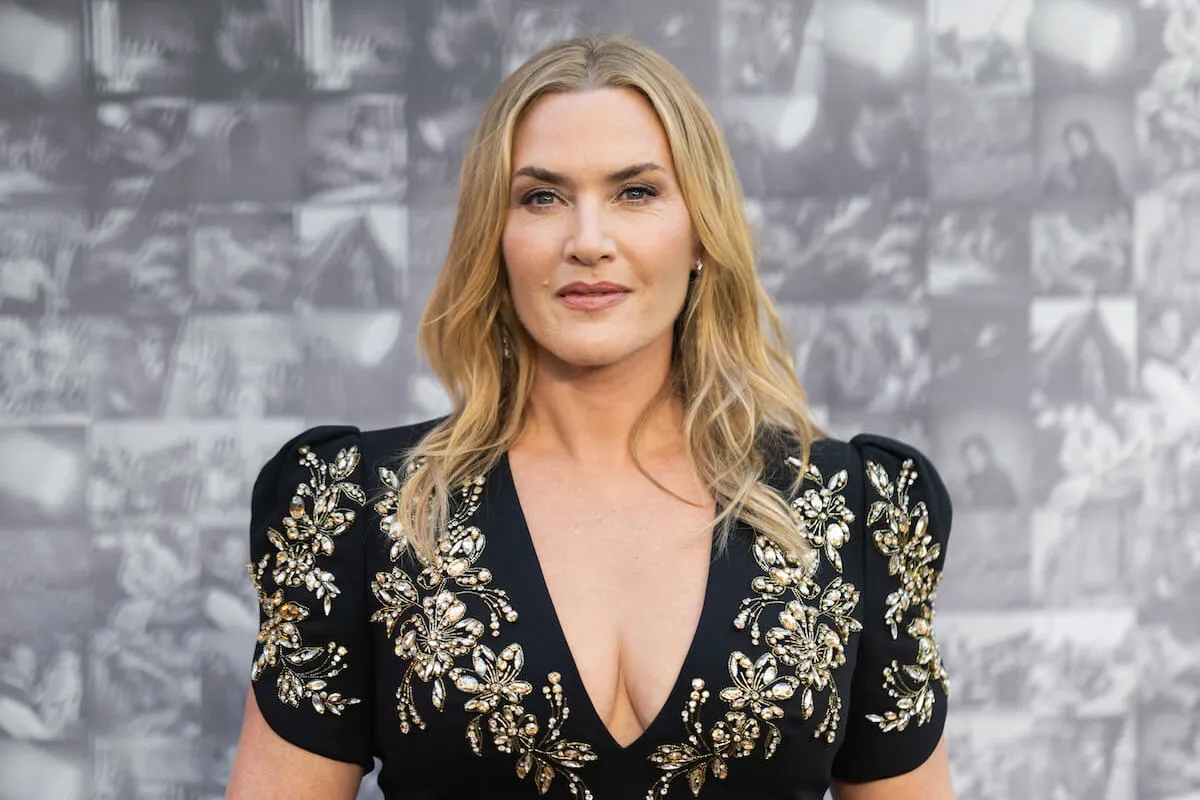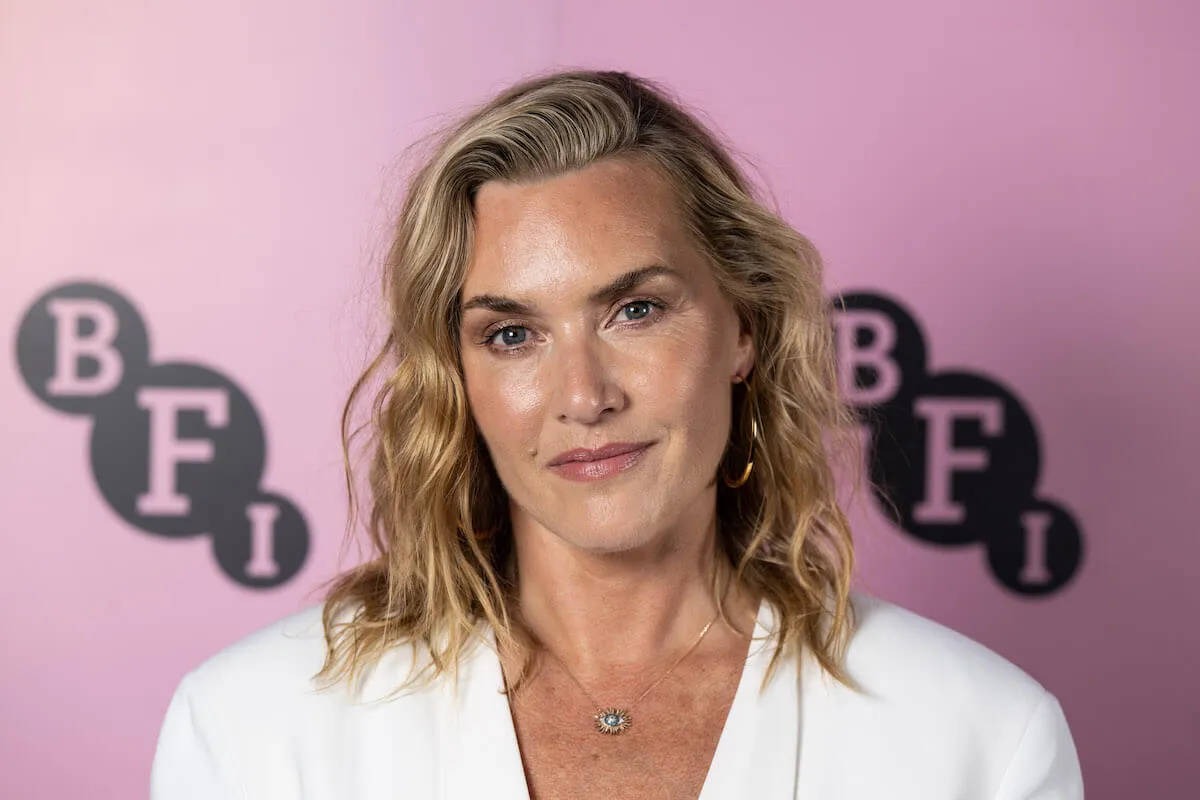
Kate Winslet Reveals the Very Specific Type of Therapy She Underwent to ‘Feel Sexy Again’
Kate Winslet’s opening up about her health journey. The Mare of Easttown star revealed during a podcast appearance the type of therapy that’s helped her personally as she’s gotten older. Ahead, what Winslet said about testosterone replacement therapy, and why she refuses to get “down” on herself for how she looks.
Kate Winslet on testosterone replacement therapy: ‘I know’
Winslet, 48, shared during the Sept. 10 episode of the podcast “How to Fail with Elizabeth Day” that her libido increased following testosterone replacement therapy.
“Sometimes women have a real dip in libido because there might be stuff going on with their thyroid. There could also be stuff going on with your level of testosterone,” Winslet said when answering a listener’s question about rekindling her sex drive.
“A lot of people don’t know this, but women have testosterone in their body. When it runs out— like eggs—it’s gone,” she explained. “And once it’s gone, you have to replace it. And that is something that can be done, and you’ll feel sexy again…I know.”
Winslet went on to suggest that in addition to getting her testosterone levels checked, she advised them to do the same with her thyroid levels.
“Those things could have a direct impact on how you’re actually feeling,” she said. “It’s not your fault, our bodies are weird and they behave in strange ways, especially as we get older.”
Women ‘get juicier and sexier’ with age, according to Winslet

Winslet went on to encourage the listener to be kind to herself through the process. “We have to own [our bodies], this is the thing,” she said. “We’re so conditioned, women, in our 40s to think, ‘Oh, well I’m creeping closer to the end.’”
“You think you’re going into menopause and you’ll stop having sex, your boobs are going to sag, and your skin’s going to go crepy,” she explained. “First of all, so what? And secondly, it’s just conditioning.”
“I think women as they get older get juicier and sexier and more embedded in their truth of who they are and more powerful. More able to walk through the world and care less and that is an empowering thing,” Winslet added. “I say to my friends all the time, ‘You look amazing.’”
Previous tabloid criticism led to an eating disorder for the actor

Speaking to Harper’s Bazaar U.K. ahead of the release of her new movie, Lee, out Sept. 27, Winslet opened up about how tabloid criticism early in her career led her to develop an eating disorder. (Her career took off after playing Rose in Titanic at the age of 22.)
“There was a lot of bullying of me that went on in the media, and that did get to me,” she told the publication. “Look at all those years in my twenties when I was all sorts of different shapes and sizes.”
“I do feel a huge sense of relief that women are so much more accepting of themselves and refusing to be judged,” she said of the present. “Because I don’t know a single contemporary of mine who grew up seeing her mother looking in the mirror and saying: ‘I look nice!’’
“My mother never did. It was always, ‘Oh God, I don’t think I can wear this, do I look hippy, does my bum look big?’ We waste so much time being down on ourselves, and I’m just not doing it ever again.”
The Oscar winner also shared she’s proud of her body, recalling how filming a scene for Lee in a bikini, a crew member suggested she sit up straighter.
“So you can’t see my belly rolls? Not on your life! It was deliberate,” she said, noting she has no problem with perceived imperfections showing up on camera. “The opposite. I take pride in it because it is my life on my face, and that matters. It wouldn’t occur to me to cover that up.”
How to get help: In the U.S. call the National Eating Disorders Association helpline at 1-800-931-2237.



